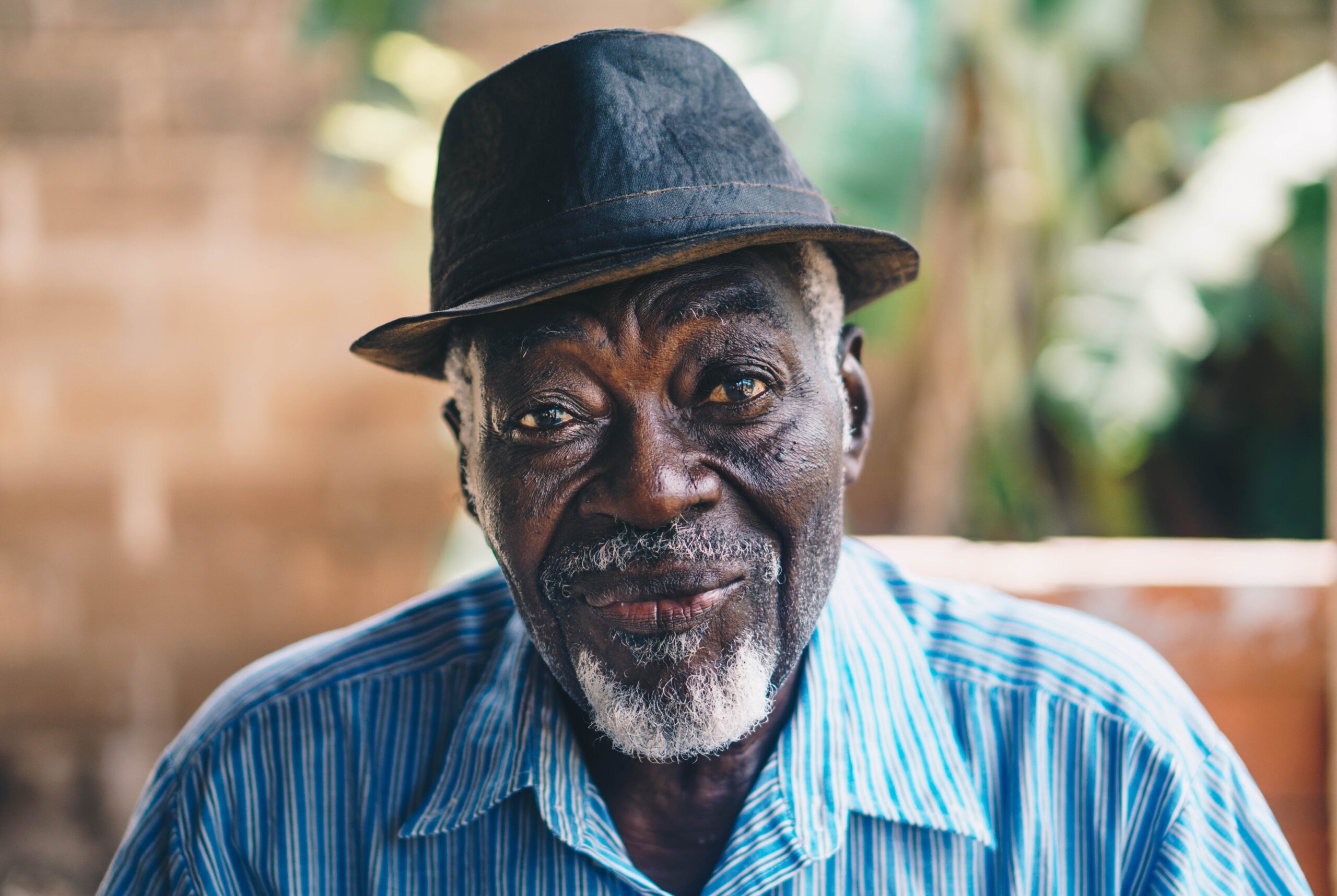Here are a number of helpful tips for you and your senior…
Emergency Contacts – Should your senior have an emergency, keeping a list of the following emergency numbers near the phone may be helpful:
- 9-1-1.
- Close family/friends who could come to help.
- Their healthcare provider
- Poison Control: 1-800-222-1222
Remove Fall/Trip Hazards – Falls are the leading cause of injury for seniors. The following steps are ways to help your senior remain safe inside their home:
- Remove throw rugs.
- Clean up clutter.
- Create more open space by discarding or donating unused furniture.
- Avoid stretching extension cords across the floor.
- Make sure your senior wears non-slip footwear when inside.
Fire Safety – Keeping your senior safe in their home includes recognizing and removing potential fire hazards and ensuring your senior knows what to do in the event of a fire.
You can also assist your senior as follows:
- Change the batteries in smoke and carbon monoxide detectors regularly (after seasonal time changes).
- Check the electric cords of all appliances and lamps. Replace any frayed or damaged cords and limit the number of cords plugged into power strips.
- Remove candles from the home. If left burning and unattended, candles can start a fire.
- Remind seniors to stay low when exiting the home in a fire. This reduces the chance of smoke inhalation. Coach seniors on how to “stop, drop, and roll” if their clothes ignite.
- Discourage the use of space heaters. If your loved one insists on using one, place it at least three feet away from curtains, bedding, and/or furniture. Ensure the space heater has an auto shutoff as well as a tip-over shut off feature. Remind your senior to turn off the space heater before going to bed or leaving the house.
Bathroom Safety – The bathroom can be the riskiest room in a senior’s home. To ensure your senior’s safety, make sure you address the following issues:
- Install grab bars in the shower and beside the toilet.
- Set the thermostat on the water heater no higher than 120° F to prevent accidental burns.
- Put rubber mats in the bathtub to prevent slipping.
- Consider replacing the original bathtub with a walk-in mode
- Install a hand-held shower head. These can be easier to use, especially when cleaning hard-to-reach places.
- Replace the original toilet seat with a raised toilet seat.
- Install a nightlight or two along the route to the bathroom. This will help seniors who may make repeated trips to the bathroom during the night.
Kitchen Safety – The kitchen is often considered the heart of the home and cooking for themselves can allow your senior a continued feeling of independence. So, make this space safe and efficient by doing the following:
- Place frequently used appliances (mixer, food processor, etc.) within easy reach at lower levels.
- If reaching is required for some items provide your senior with a safe stepstool. Look for a stool no more than one or two steps in height which has a rail they can hold onto.
- Replace standard “twist and turn” kitchen water faucet handles with “single-lever” handles instead. Seniors may find these easier to use.
Emotional Safety – It is important to check in with your senior often, talk with them and listen to their needs.
- Do not assume all elderly are lonely. Encourage the person to express their feelings and be a good listener–ask questions and do not be judgmental.
- Be aware of fears. Due to medical conditions, some people lose independence as they grow older. Some elderly people may fear not being able to take care of themselves.
- Many seniors develop depression. Factors such as illness, death of family members, and medications all contribute to depression. Do not be afraid to ask your senior if he or she is feeling depressed. Emotional signs of depression can include withdrawing from family and friends, and mood changes. Physical signs of depression, fatigue, and weight loss.
For more information on senior safety, you can visit ARRP.

